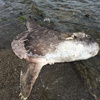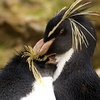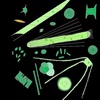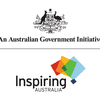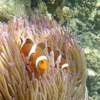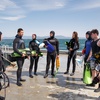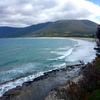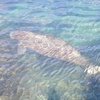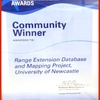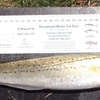
Warmer waters makes Tassie a hotspot for new fishy friends
WARM sea temperatures have lured an assortment of unusual sea creatures to Tasmania in recent months – some slithery and others scrumptious. Anglers are buzzing over the larger numbers of sought-after table fish visiting the island, with catches of whopper yellowtail kingfish, snapper and broadbill swordfish. Read the full story in The Mercury.


